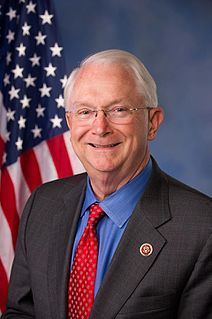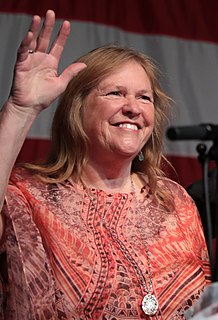A Quote by Alphonso Jackson
So, we're saying, if we can give developers and builders incentives to cut down on the regulatory barriers that are faced in this country, then we might be able to address the needs of affordable housing.
Related Quotes
There are masses of people who need affordable housing in New York. I think that, politically, it is very difficult to give preference to artists over another group. Now, could there be an impressive envisioning process where developers would be asked to collaborate with urban designers? Maybe envision a large-scale development with local shops, dense housing, maybe a few towers, maybe a few mid-rise buildings, and art workshops in the mix? That would be great. I don't see a call for those proposals. But I think that it would not be outrageous to propose that kind of vision.
Communities do need police, but law enforcement needs to be much more transparent and held accountable for their actions. We also need increased resources for mental health services, affordable housing, education, jobs training, and much more to truly address social and economic issues in our communities.
The Fed needs to adopt new tools, on its own and perhaps in cooperation with the other parts of the US government, to improve the economy from the bottom up. This includes increasing facilities for debt forgiveness for under-water mortgages and excessive student loans; increased credit facilities for small businesses and cooperatives; helping to underwrite mechanisms for creating affordable housing in cities; and more restrictive enforcement of financial regulatory rules to help rein in excessive banker risk and pay.



































